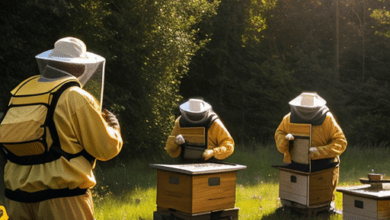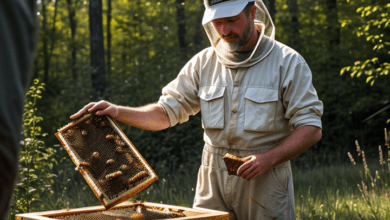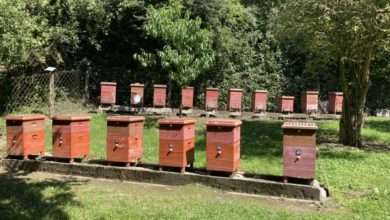Why Beekeeping is Important
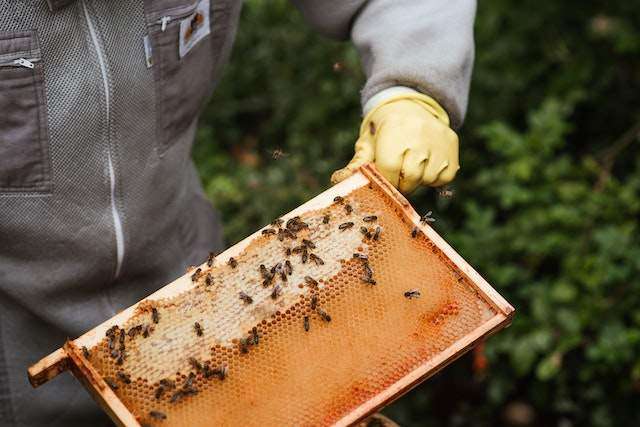
Did you know that the vast majority of today’s beekeepers are hobbyists? According to the latest global statistics on this career, the beekeeping community is much more active than the larger commercial operations. This is primarily due to a number of different reasons, including the significant amounts of work and money needed to be successful in a long-term beekeeping business.
Simply put, most of the people who are working in this essential industry are involved because of their love and interest.
While the lack of attractive paying positions is an issue, this does not gauge how vitally important bees are to the world’s ecology as a whole. In fact, the honey bees’ role in nature cannot be replaced or filled by any other species known to humankind.
As beekeeping and science have evolved greatly over the last hundred years, these facts are a huge part of what everyone has learned about beekeeping. One of the most important is, that commercial businesses see it as very profitable and much more than a hobby. So, for those of you who are interested in knowing more about why beekeeping is important, here are 16 compelling reasons why.
1. Beekeepers’ Primary Role is to Oversee the Making of Honey in the Hives
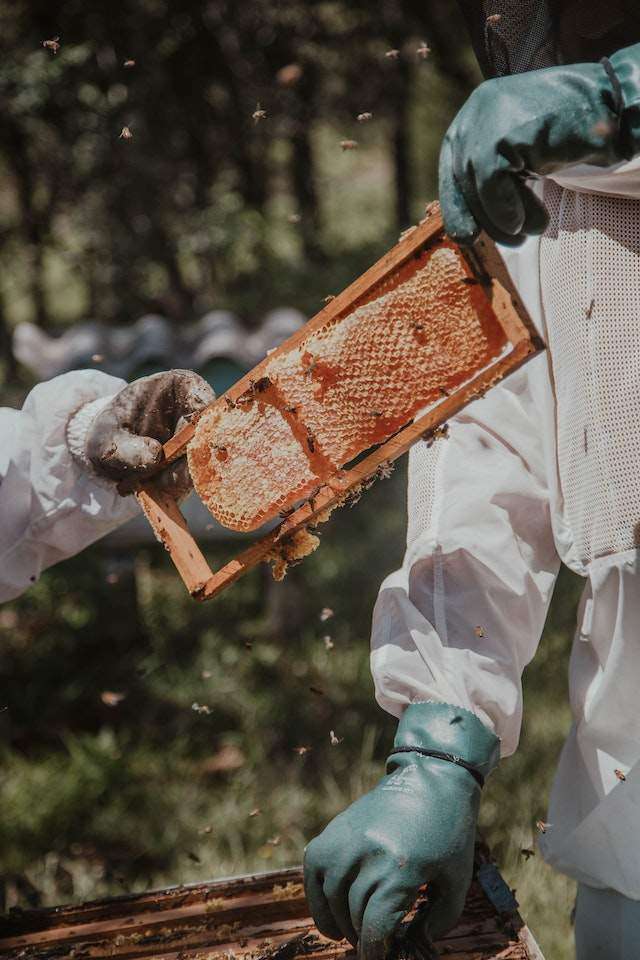
One of the most obvious reasons that beekeeping is so important is their role in overseeing the process of making honey. Yes, the honey that people use to pour on their hot pancakes, toast, ham, and eggs in the morning is what’s being produced.
2. Beekeeping is Relatively Inexpensive
Let’s face it, it really does not take a huge investment to get started with a beekeeping business.
This is mainly due to the fact that hobbyists can start their own operations with the following:
Bee Kits to build a hive or an established hive
Tools to Clean and Harvest the Bee Hives
Bee suit
All of which can make up the basics of the start-up. After this, you do not have to spend large sums of money to keep these small operations going.
For instance, the average cost of buying a new hive to install is around $300 to $1,000 dollars. So, compared to investing in buying a new cow for a farm, this is not a lot to spend.
3. Relaxing Hobby
Contrary to what most people may think, beekeeping is actually a relaxing hobby to participate in. Aside from putting on protective gear to shield your body from a swarm of bees, taking care of a beehive can be a great way to pass the time.
Also, similar to other enjoyable sports that people play, beekeeping is an excellent hobby for anyone who likes seeing the beehives thrive well. From setting up a beehive with a kit to watching these hives mature and make honey, there are a lot of interesting things that must be done to ensure the honey is moved from the hive to the breakfast table in the morning.
4. Rewarding Experience
Ongoing success stories around the globe due to worldwide problems like CCD (Colony Collapse Disorders) are a huge part of today’s experience.
With 50% of European honey bees being adversely affected by CCD between the years 2006 and 2009, beekeepers have had a significant role in ensuring large populations of decimated honey bee hives are restored.
Even though no one really knows the cause of CCD, the contributions made by beekeepers have been astounding and game-changing for the entire industry.
5. Career Gives Beekeepers a Strong Connection with Nature
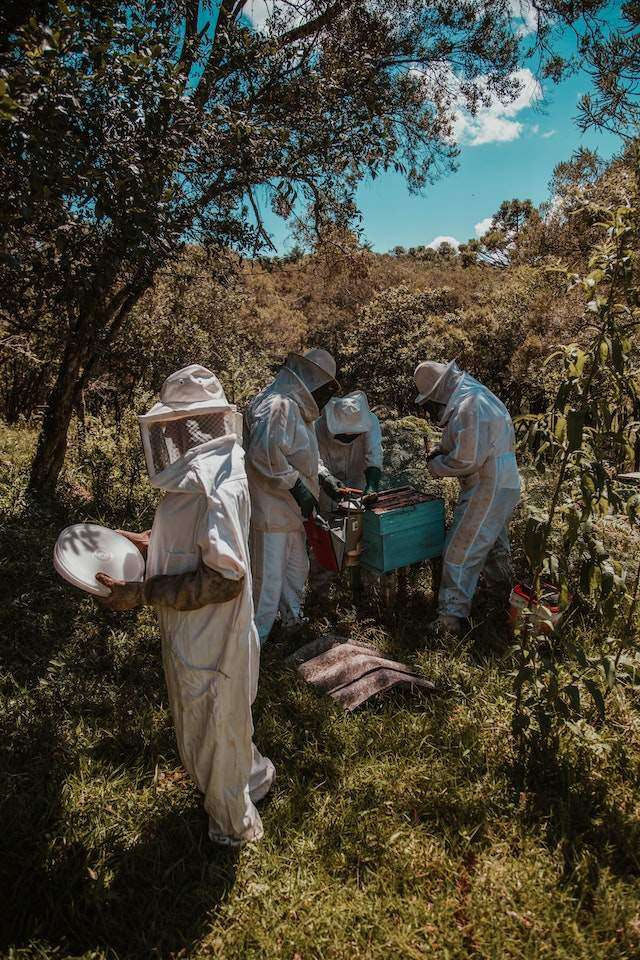
With all of the changes in the western world over the last several decades, it is hard for the average person to spend virtually any time outdoors exploring and admiring all of the natural wonders.
As an industrialized society continues to advance in various kinds of technology, the need for getting out and enjoying what nature offers has become less and less a part of many people’s lifestyles.
On the other hand, for those people who attend beehives for profit, for pay, or as a hobby, the outdoors is a natural habitat that they can participate in on a day-to-day basis. This is the group of people who will have a chance to study the environment, the life cycle of the beehives, and other interesting that relate to sustaining the life of the beehive.
6. Bees are Ideal for Maintaining a Healthy Garden
Bees are not only good for making honey that you serve on your breakfast table, but they are also good for providing an essential function to the growth of, flowers, plants, and tree life. This is primarily because bees play an additional role in the pollination process.
So, they can help you in a variety of different ways, including making sure the trees and flowers in your garden grow into beautiful plants that everyone in your neighborhood will be envious of.
7. Beekeepers Get a Good Education in Beehives
The world of beekeeping is not only fascinating to hobbyists at an early age, it is an ongoing educational process that only starts in the first year of learning about their lifestyle and behaviors.
From learning about the distinctions between the queen bee and the drone’s role in the beehives to watching how a disease can lead to a complete collapse of a colony, this is a lifelong learning process that continues to grow with the love and interest of both the novice and the veteran beekeeper.
In fact, the process of learning about the beehive may also extend to taking courses that include topics like the biology of the bee.
8. Best Pollinators
All creatures in nature have at least one key function that they contribute to nature and its ecosystem. So, the bees have their own unique function that they provide, which is that of a pollinator.
Similar to the functions that butterflies, beetles, and bats supply in their environments in nature, the bee carries out a critical role in pollinating plant life, too.
For instance, bees usually fly around in a systematic manner by grabbing and packing compressed balls in an almond orchard. And, as they travel back and forth to their beehives to supply this food, they are also leaving some of the droppings of the pollen in the reproductive tract of flowers.
9. Farmers Need Bees for Pollination Purposes
Even though the average hobbyist is not racking up on funds by taking care of their beehives, this can be a quite lucrative arrangement for extra money on the side. Since farmers need bees to pollinate their crops, they seek out professionals in this industry a certain times during the year. It is also important to note that beekeepers can travel across the country to provide these services on a seasonal basis.
10. Agriculture is Dependent on the Work of the Beekeeper
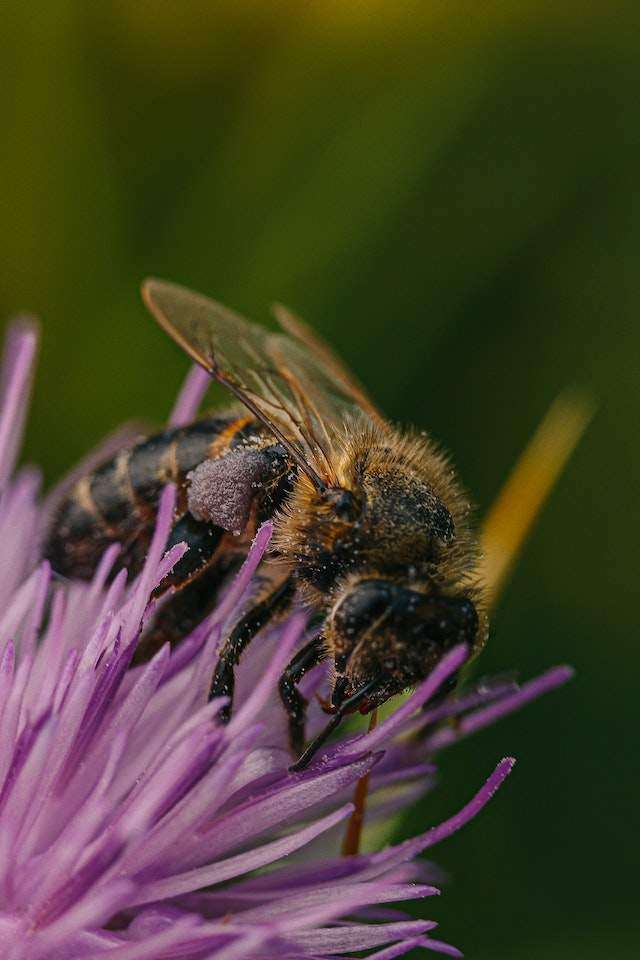
As mentioned previously, the beekeeper has an important role in a number of different sectors, including agriculture. In fact, without bees, the ecosystem of farms and cattle operations could be at risk. For instance, there are 2 main crops (i.e. alfalfa and clover) that are needed to feed farm animals and cattle throughout the year. And, these crops are completely reliant on the pollination that bees provide. Therefore, the role of the beekeeper does not only consists of making sure the flowers in the field are pollinated, but also that commercial industries are able to thrive well each year.
11. Protects a Declining Population of Bees
The majority of beekeepers take pride in playing an essential role in making sure the bee population is stabilized across the globe. Since the population of bees is presently on the decline in different places around the world, hobbyists and career professionals alike are crucial to the mission of making sure beehives are rebuilt
In all actuality, their primary goal is to fill in the gaps for these devastating losses. For instance, according to information published by Bees for Business, there has been a loss of approximately 75% of beehives in the UK since the 1900s. The stats that support these claims is showing that there were about 1 million beehives in the UK in 1900. However, as of 2015, the numbers have dropped dramatically to about 270,000.
It is also important to note that there are some alarming numbers of decline within the U.S. as well. About 10 to 15 years ago, beekeepers begin to notice existing hives were littered with beehive carcasses, and in some cases, the bees were missing. And, as these strange phenomena were occurring, beekeepers found that these problems were not confined to the U.S. only.
These problems were extended to other countries around the globe. More importantly, organizations like the EPA (Environmental Protection Agency) has linked the cause of this disorder to CCD (Colony Collapse Disease). The EPA’s research has also reported 7 contributing factors to this disease.
- Pesticide Poisoning
- Invasive Mites
- Emerging Diseases
- Stress due to Poor Management
- Habitat Changes
- Inadequate Food Supplies
- Stress Caused by Immunological Problems
Whatever the case or situation, the need for the Beekeeper has become more and more critical.
12. Problems with Native Bees Thriving Across the Globe
For some reason, bees that are native (European bees) to many geographical locations across the globe are no longer thriving. And, unfortunately, these are the bees that are responsible for performing most of the pollination for flowers, plants, and trees. This is mainly because these bees were meant to thrive in a more diverse environment than they are exposed to today.
Also, since most of the world’s agriculture is produced in a large-scale based environment, these bees have lost their ability to thrive in these non-biodiverse regions. As a result of what has happened, beekeepers across the world are looking for the best ways to restore the native bee populations. For example, beekeepers are searching for the most practical ways to feed native bees a diverse diet.
13. The Knowledge and Experience for Beekeeping is Disappearing
In addition to all of the problems with CCD (Colony Collapse Disease), the knowledge and experience required to be a seasoned beekeeper are also declining over the years.
In fact, it is hard for today’s beekeepers to keep up with the demands of these large-scale industrial enterprise farms for a number of different reasons.
One of the most notable is the small beekeeping operations cannot keep up with the needs of today’s farms or the extremely large industrial automated operations that manage tens of thousands of animals.
It is also important to note that the average age of the beekeeper is about 60 years old. So, there is not a younger generation expected to fill in the gap in these crucial roles.
14. Bees Play an Essential Role in the Food Chain
Beekeepers protect the interest of the food chain in a variety of different ways. More importantly, one of the most essential caring for the beehives so that they are easy prey to other species of animals that like to feed on them.
For instance, if the beekeepers are not in place to protect the hives from small birds, reptiles, and other mammals, they can destroy large numbers over short periods of time. This can also have a huge negative impact on the food chain, especially because about 30% of today’s agriculture needs bees to pollinate edible plants for critical food sources.
15. Bees Depends on Human Intervention for Survival
If the bees are going to survive, human intervention is not a luxury but a necessity in today’s environment. This is because humans possess the capability, skills, and applied sciences to solve issues that affect the livelihood of the beehive.
Also, even though the populations may not grow to the large number of bees that were existing in the 1900s, there are some things that beekeepers can do to restore beehives to a practical number for the food chain.
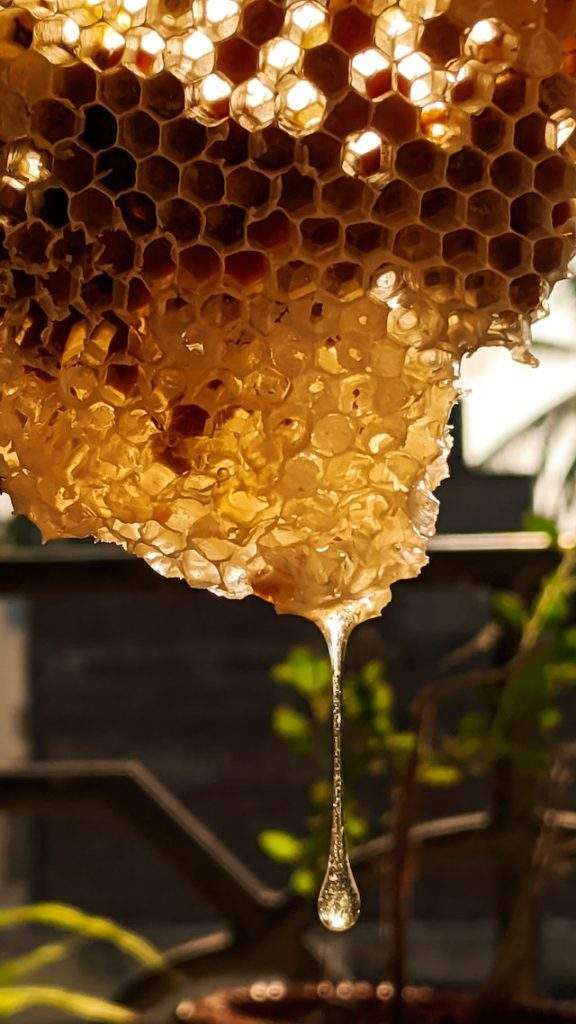
16. Honey and Beeswax
As mentioned previously, many people love eating hot pancakes covered in honey, and a cup of tea with honey in the morning. Others like using beeswax as a protective layer on their skin.
Whatever the case or situation, bees helps to produce products that people enjoy using every day. Therefore, the need for the beekeeper cannot be overstated, especially since they are essential for a variety of purposes and reasons.
Summary
Why is beekeeping important today? As you can see, the role of the beekeeper is essential for a variety of different reasons. Some of the most important include the following: the population of the beekeeper is on the decline, CCD diseases drastically reducing the number of beehives and the adverse impact that these problems have on the food chain.
Thankfully, however, there is a wealth of information online that can help people to get started in this profession. From collecting printed materials and videos about beekeeping to looking for beekeeping clubs that support the novice and the hobbyists, anyone who wants to learn more can use these resources to become a beekeeper today.

